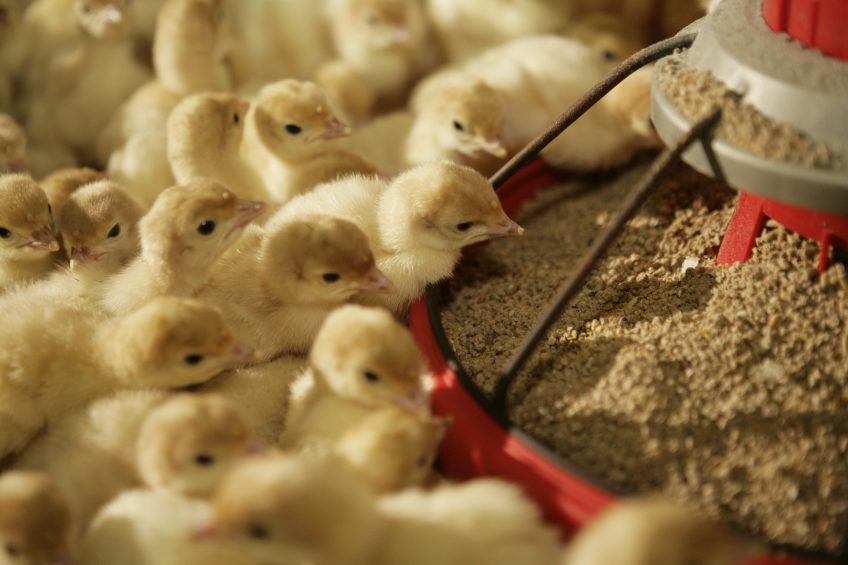Consumer theories about modern poultry farming systems

German consumers tend to blame the industrialised agri-food system rather than farmers for perceived problems across the poultry chain.
Researchers looked at the underlying reasons that consumers had over welfare issues linked to modern poultry farming.
The study involved 8 exploratory focus group discussions in 4 German cities. In order to understand the different positions and to simulate controversial debates on animal welfare, the study included vegetarians/vegans and meat eaters.
The actual level of knowledge about modern poultry production among participants was heterogeneous, varying between detailed specialised knowledge and misinformation.
It was found that improvements for poultry animal welfare that had already been achieved, such as the ban on conventional cages for laying hens in the EU, was not yet recognised by the wider public.
One of the central findings was that participants mostly use lay theories and conclude that the actual poultry husbandry systems make a high use of antibiotics necessary, which in turn has a negative influence on the meat products, and thus, endangers consumer health.
Another interesting finding in the research, conducted by scientists from the Department of Agricultural Economics and Rural Development at Georg-August-University Goettingen, was that the participants in the focus groups were aware of their responsibility and blamed their own buying behaviour for not always choosing the most welfare friendly product.
Some of the findings correspond to a Compassion in Food Business study published in 2012 which found a lack of understanding about how broilers were reared with many unwilling to pay for higher welfare produced meat on price grounds.
The study, “Discussing modern poultry farming systems – insights into citizen’s lay theories” is published in July’s Poultry Science.












